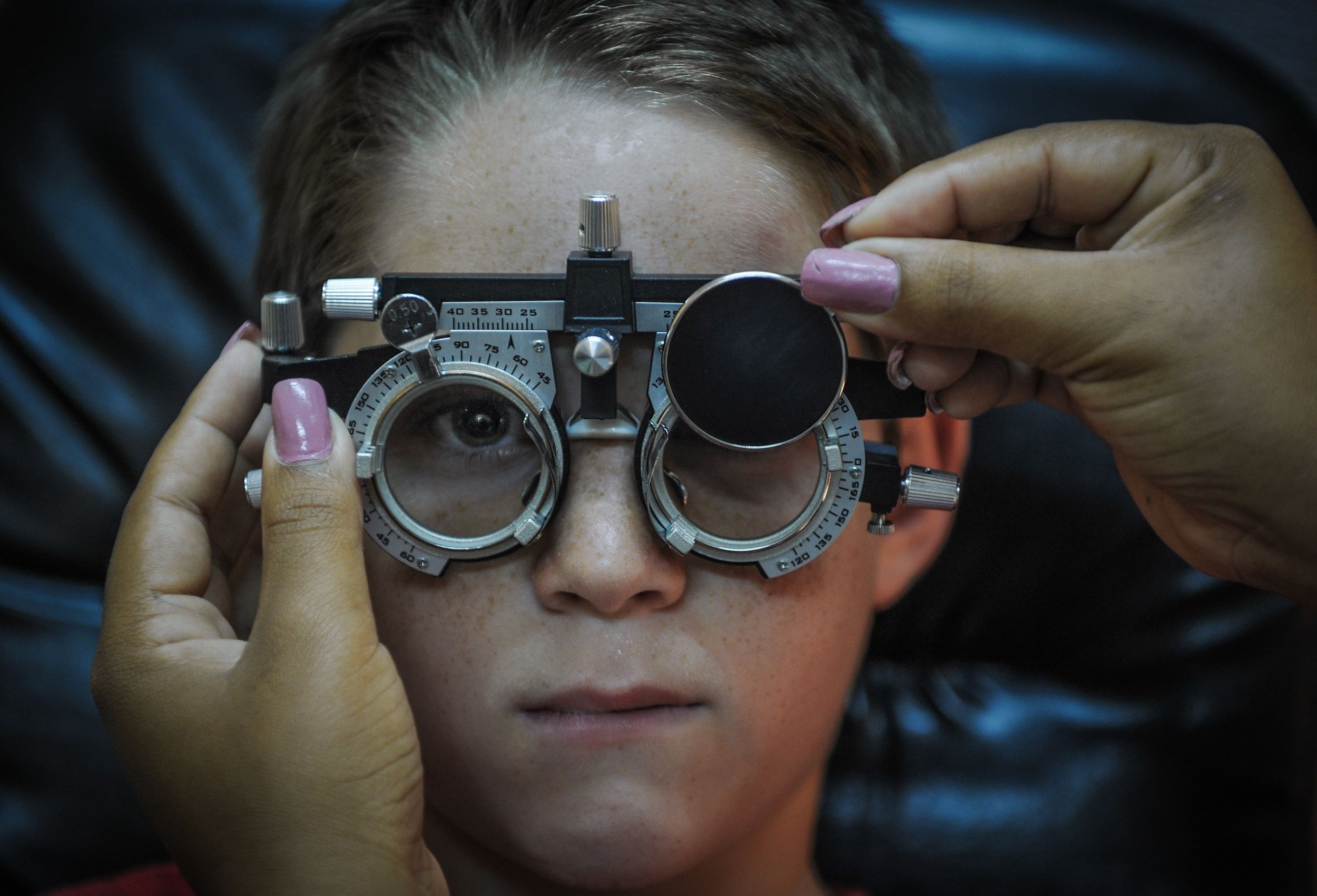
Anyone without 20/20 vision can tell you about the struggles of wearing corrective lenses: Contacts often leave eyes tired and dry at the end of the day, and finding the perfect frames for your glasses can be a headache. But now nanotechnology could make it possible to correct vision using eye drops, which would eliminate the need for expensive and annoying eyewear.
Nanotechnology is a fairly recent field that involves shaping materials near the teeny, tiny molecular level to create new materials or structures. These nanoparticles have wide-reaching uses, including developing more effective sunscreens to possibly screening for cancer.
In Israel, ophthalmologist David Smadja of the Shaare Zedek Medical Center in Jerusalem used nanoparticles to correct vision. Smadja presented his team's work on this project at the medical center's research day last month. Along with scientists at Bar-Ilan University, they developed eye drops filled with nanoparticles to treat near- and far-sighted patients. The drops have not yet been tested on humans, but a clinical trial is set to determine whether the solution works as well in people as it does in animals, the Jerusalem Post reported.
More details about how often patients would need to use the drops and possible side effects are so far unknown. The treatment has been shown to fix mild vision problems in 10 pigs, making it too soon to throw out your contacts just yet.
Ophthalmologist Robert Honkanen of SUNY Stony Brook Medical School and Hospital, said long-term cornea health and efficacy would need to be determined before this is a viable treatment. Plus, the drops were shown to correct only mild near- and far-sightedness in the animals, though refinements could eventually help those with stronger prescriptions.
"You never know with optimization they might be able to expand the refractive range," Honkanen said.
For now, the quest to find the perfect pair of frames lives on.
Uncommon Knowledge
Newsweek is committed to challenging conventional wisdom and finding connections in the search for common ground.
Newsweek is committed to challenging conventional wisdom and finding connections in the search for common ground.
About the writer
Melissa is a science writer covering health for Newsweek and has contributed to Inc., Dr. Oz The Good Life, Men's Fitness, Marie Claire and others. She earned ... Read more
To read how Newsweek uses AI as a newsroom tool, Click here.





